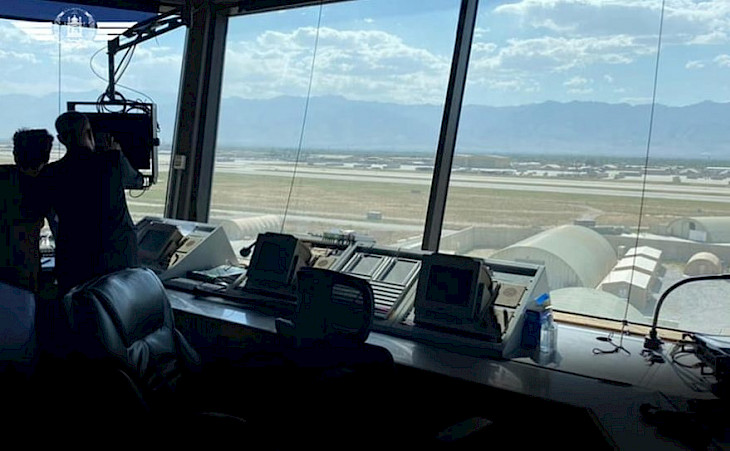The former largest U.S. military base in Afghanistan — Bagram Airfield — has once again become the focus of international attention. The renewed interest stems from claims by U.S. President Donald Trump, who alleged that China now controls the base — despite the absence of verified evidence. The U.S. government has denied these allegations, and experts have dismissed them as part of election-related political rhetoric, according to Khaama.com.
Located near the Chinese border, Bagram served as a strategic platform for U.S. and NATO operations in the region for two decades. After the U.S. withdrawal in 2021, the base was taken over by the Taliban. Trump criticized the decision to abandon Bagram, arguing it could have served as a deterrent to China and a surveillance point over Xinjiang.
Despite Trump’s assertions, there is no concrete evidence of a Chinese military presence at Bagram. Beijing has not confirmed any deployment of troops or plans to establish a military base. Analysts note that China traditionally avoids foreign military interventions, instead prioritizing economic and diplomatic engagement.
Experts also emphasize that a U.S. return to Bagram is unlikely due to political risks, high costs, and the necessity of negotiating with the Taliban — an approach that contradicts current U.S. policy. Washington now relies on remote surveillance and strike capabilities without maintaining a permanent ground presence.
As such, Bagram remains a symbol of the U.S. campaign in Afghanistan, but claims of its "capture" by China lack substantiation and appear more reflective of domestic political maneuvering in the U.S. than actual geopolitical shifts, the article concludes.
CentralasianLIGHT.org
August 7, 2025

